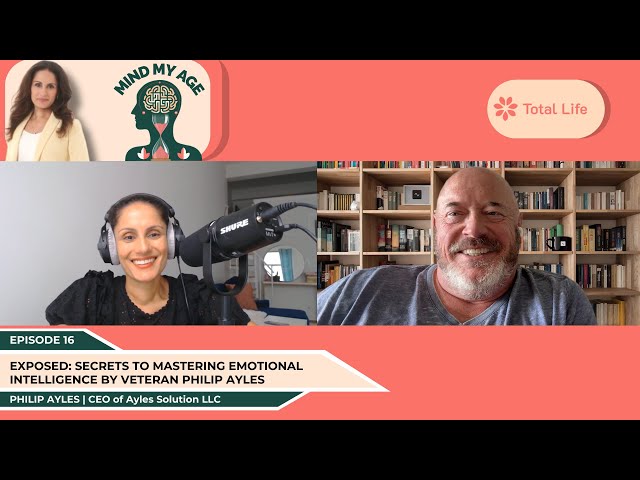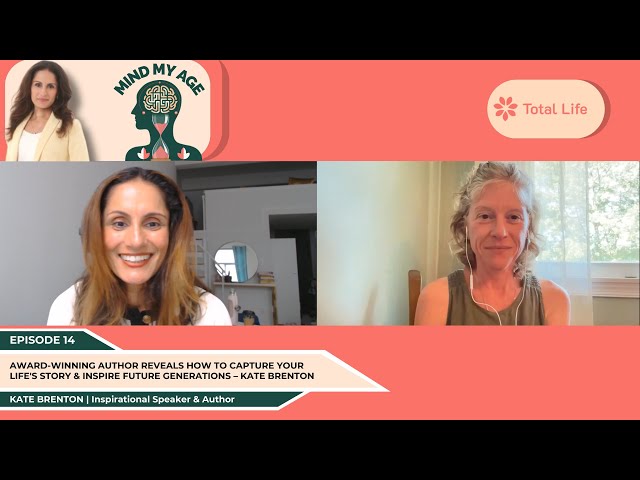In the latest episode of Mind My Age, hosted by Neelam Brar, listeners were introduced to Bailey Parnell, a leading speaker and advocate for digital well-being. Parnell, known for her humanitarian work, provided valuable insights into how social media affects mental health, particularly for aging adults and retirees. As a champion for healthier digital habits, she explored the intersection of social media use and mental well-being, shedding light on its impact across all stages of life. The episode offers practical advice for navigating the digital age with mental health in mind.
The Unseen Dangers of Social Media
Bailey Parnell highlights the pervasive role of social media, not just among youth but also among aging adults. “Social media is an unregulated space where we’re all at risk,” declared Parnell. She compares it to “risky behaviors like sex or drugs or alcohol,” explaining that participation exposes users to potential harm. This is a vital consideration for older adults who may be more vulnerable to issues such as anxiety, stress, and social media-driven comparison due to a lack of digital literacy.
The risk of being misled by misinformation is particularly acute for seniors, a concern only amplified by the introduction of generative AI into the social media landscape. Parnell urges that “the number one strategy is to build an offline life that you love,” emphasizing that offline connections and interests significantly impact the social media experience.
Navigating Social Media Safely
To mitigate these risks, Parnell outlines five steps towards safer social media use, a framework she developed through her work and public talks.
- Build Awareness and Understanding: Recognize the digital tools at hand and how they may affect your mental health.
- Moderate Consumption: Limit screen time and be intentional about the time spent online.
- Enhance Offline Skills: Develop resilience, mindfulness, and offline hobbies to strengthen self-awareness.
- Model Good Behavior: Lead by example in the digital space, maintaining integrity in online interactions.
- Hold Responsible Parties Accountable: Push for regulatory structures and practices that ensure safe online environments, particularly for vulnerable populations.
These steps are crucial in promoting a balanced and healthy digital life.
Encouraging Conversations About Digital Habits
Parnell also addresses how to broach the topic of social media use with senior family members. She encourages gently guiding conversations by focusing on digital behaviors rather than the person. “Identify that there’s a bit of a problem,” she suggests, recommending an approach that avoids accusations and instead offers support and education about healthier digital practices.
Concluding Thoughts
As we embrace the digital age, it’s essential to approach social media with an informed, cautious, and balanced perspective. Bailey Parnell’s insights remind us to stay active and mindful in curating our digital spaces to ensure our mental health remains a priority.
For those seeking additional support or concerned about the effects of social media on mental health, Total Life offers therapy services covered by Medicare. Engage in these valuable conversations, stay informed, and age with purpose and balance because, as Parnell asserts, “Your best years are still ahead.”









